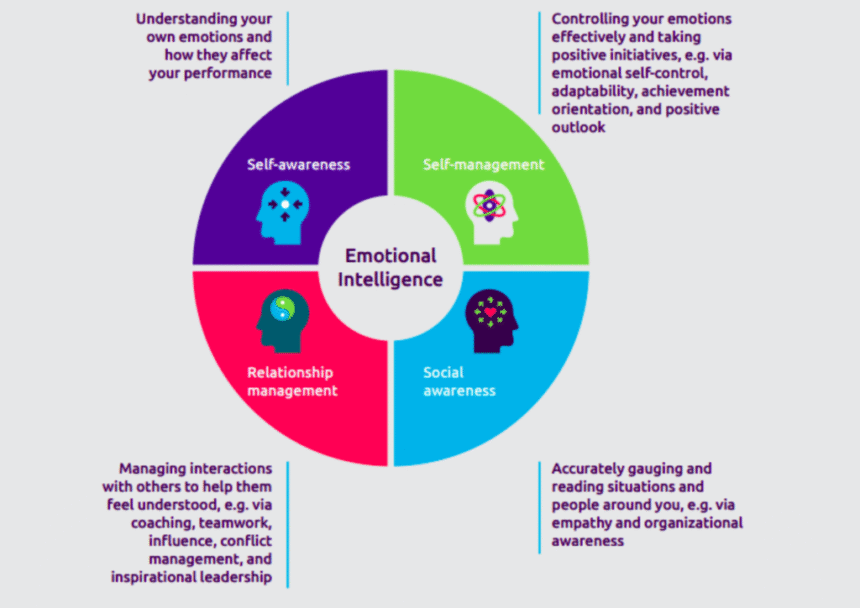The Rise of Emotional Connections with Artificial Intelligence
In the ever-evolving landscape of technology, artificial intelligence is becoming more than just a tool; it’s evolving into a companion for many individuals. A growing number of users are finding solace in their interactions with AI, using it as a form of emotional expression and connection. This emerging trend raises questions about the nature of relationships and the role that technology plays in our emotional lives.
An Unexpected Relationship
People have started to form genuine attachments to AI systems that are designed to engage them emotionally. These connections can stem from various factors, including loneliness, the desire for non-judgmental conversation, or simply the need for someone to listen. While many AI companies are hesitant to discuss this phenomenon openly, anecdotal evidence suggests that these relationships are becoming increasingly common.
The Mechanism Behind AI Companionship
AI programs, particularly those powered by advanced natural language processing, are capable of holding conversations that can feel surprisingly human. These systems often learn from interactions, providing tailored responses that resonate with users. As people engage with AI more frequently, they may start perceiving these interactions as fulfilling. Consequently, many individuals report feeling understood, accepted, and valued in their exchanges with AI.
Points of Concern
Despite the potential benefits, the emotional reliance on AI poses some concerns. Psychologists and ethicists warn that forming attachments to AI could lead individuals to neglect real-world relationships. Furthermore, there are ethical implications regarding privacy and data security when personal thoughts and emotions are shared with AI systems.
Table: Common Uses of AI As an Emotional Outlet
| Use Case | Description |
|---|---|
| Companionship | Users are seeking emotional support from AI companions who can simulate conversation and empathy. |
| Journaling | Some people use AI to document their feelings, receiving responses that can help process emotions. |
| Therapeutic Interaction | AI is being developed to provide therapeutic insight and mental health support, albeit as a supplemental aid. |
Looking Ahead
As AI technology continues to improve, the nature of these relationships may evolve further. Tech companies are faced with the challenge of navigating these emotional bonds while ensuring ethical practices. Users must also consider the implications of such interactions and strive to maintain a balance between AI companionship and human connections.
In summary, the rise of emotional connections with AI presents both opportunities and challenges. While it may provide comfort and companionship for many, it raises important ethical and social questions that society must address as these technologies become more ingrained in our lives.




